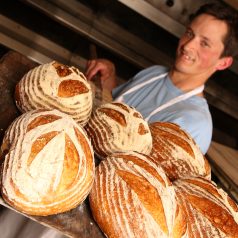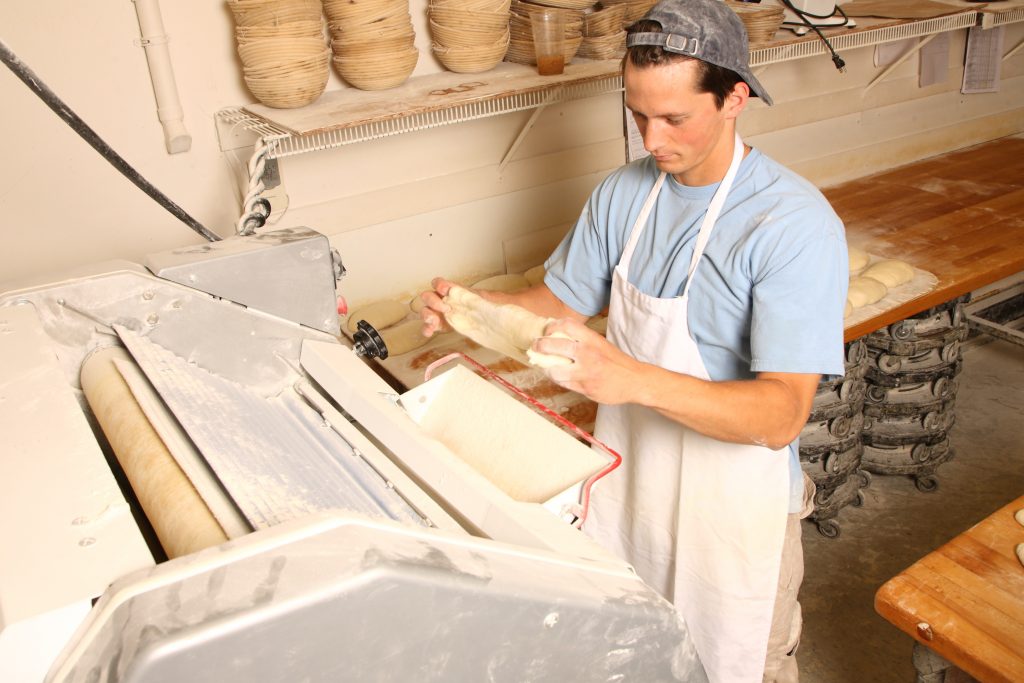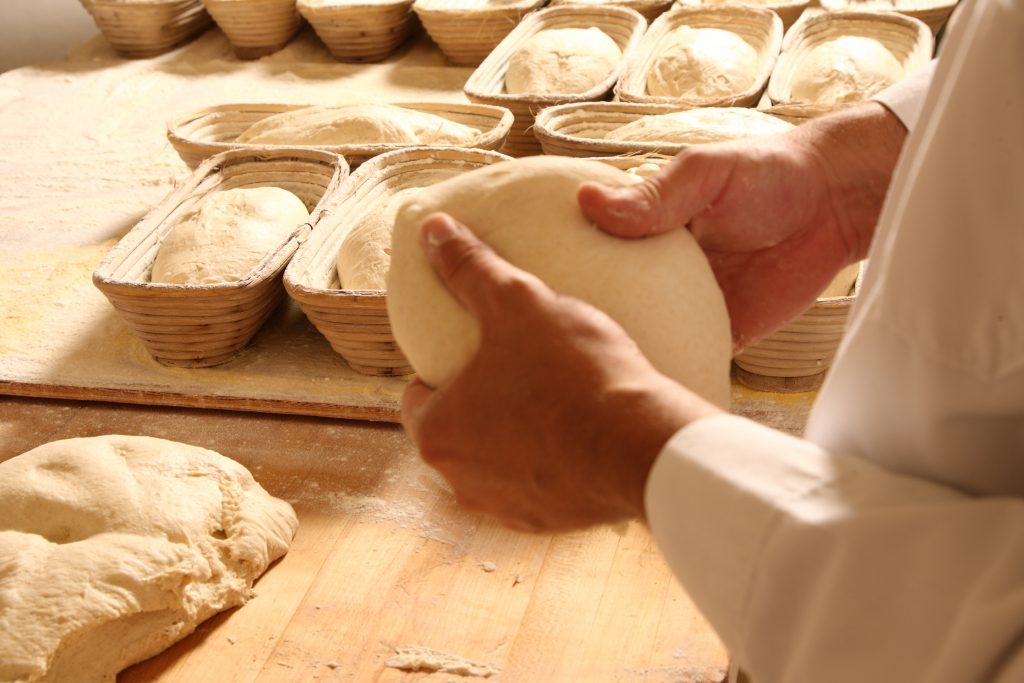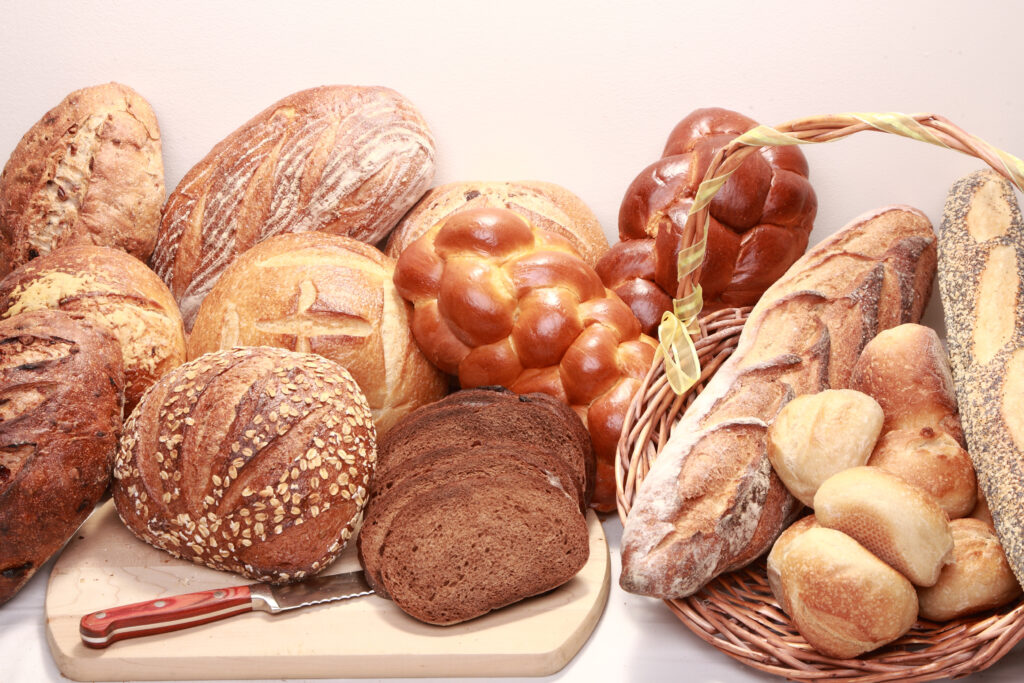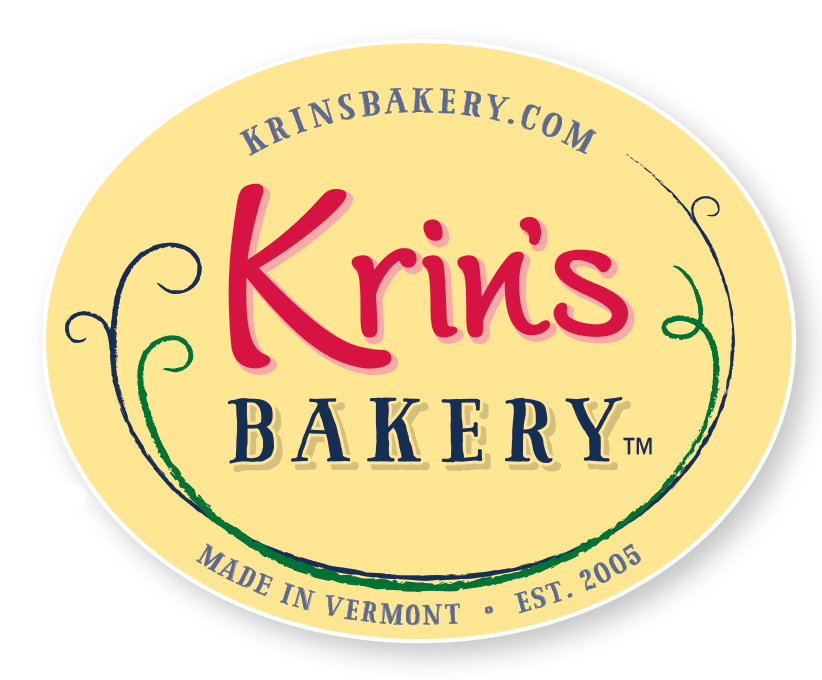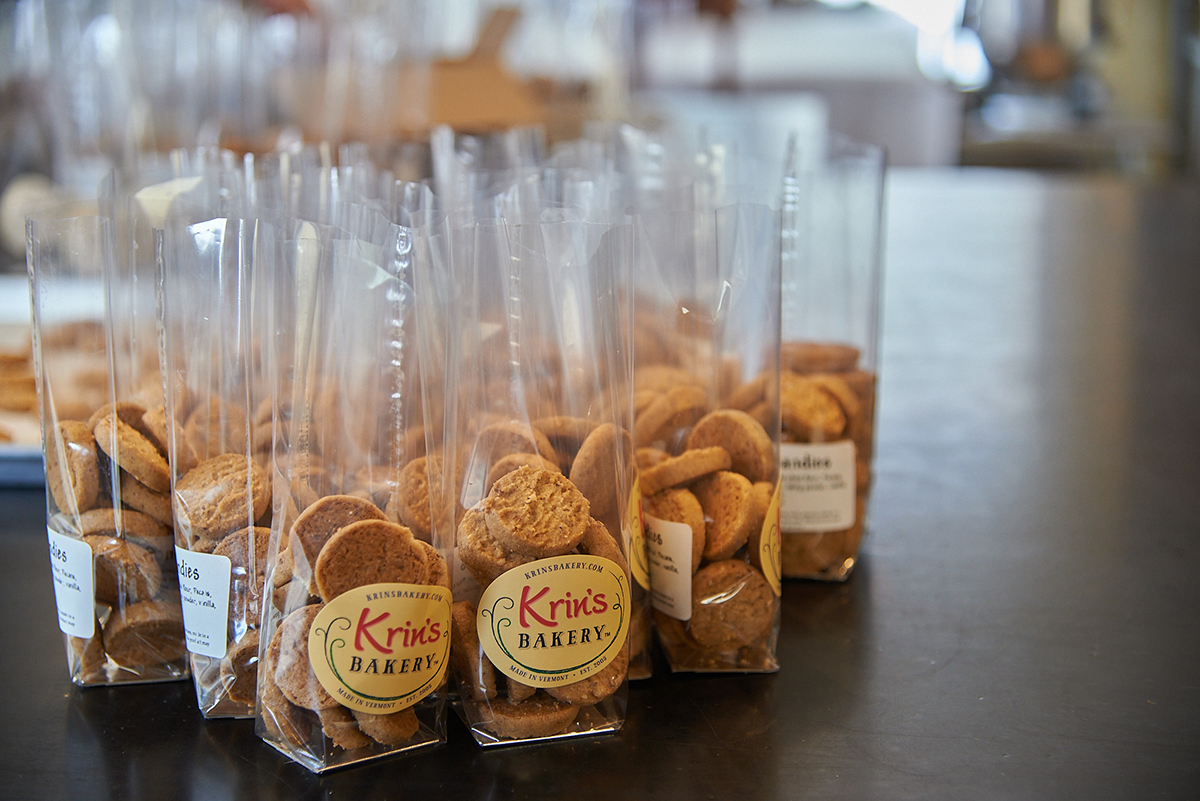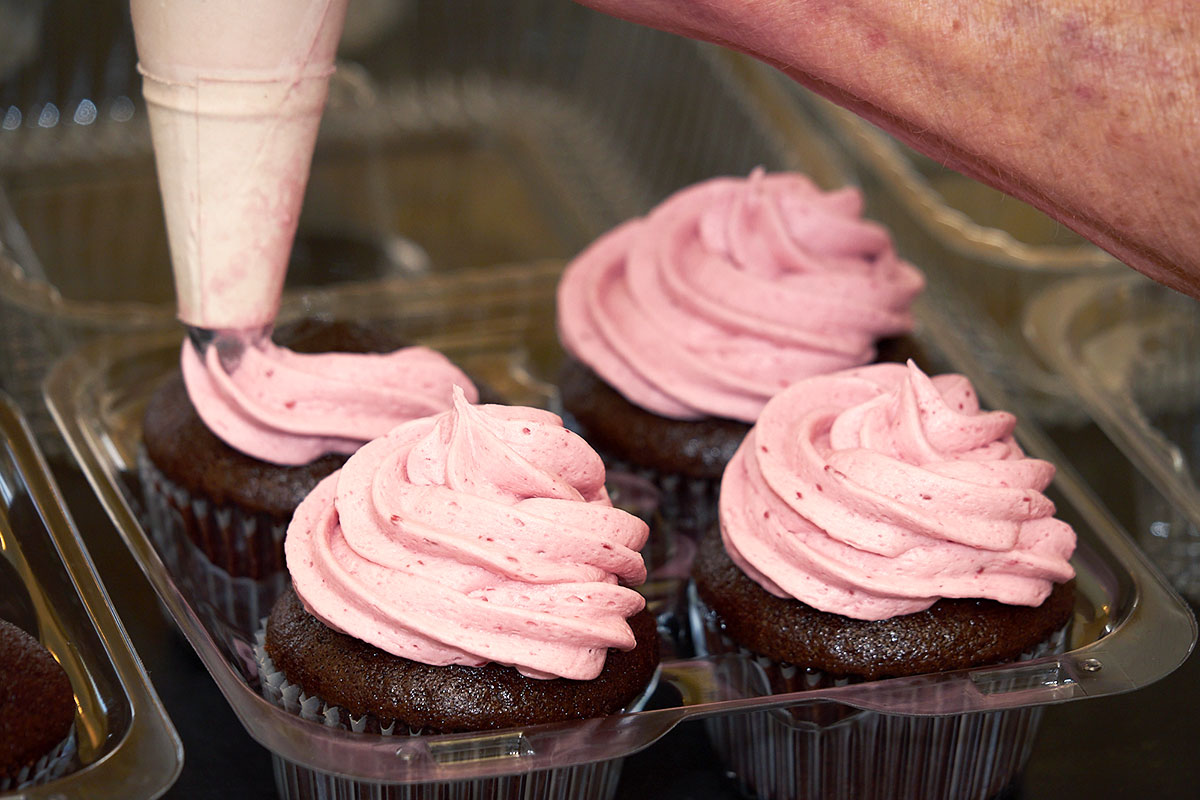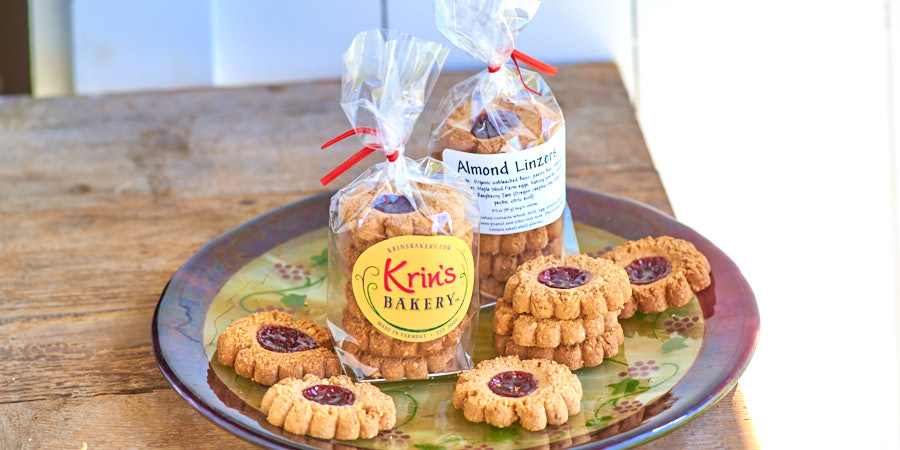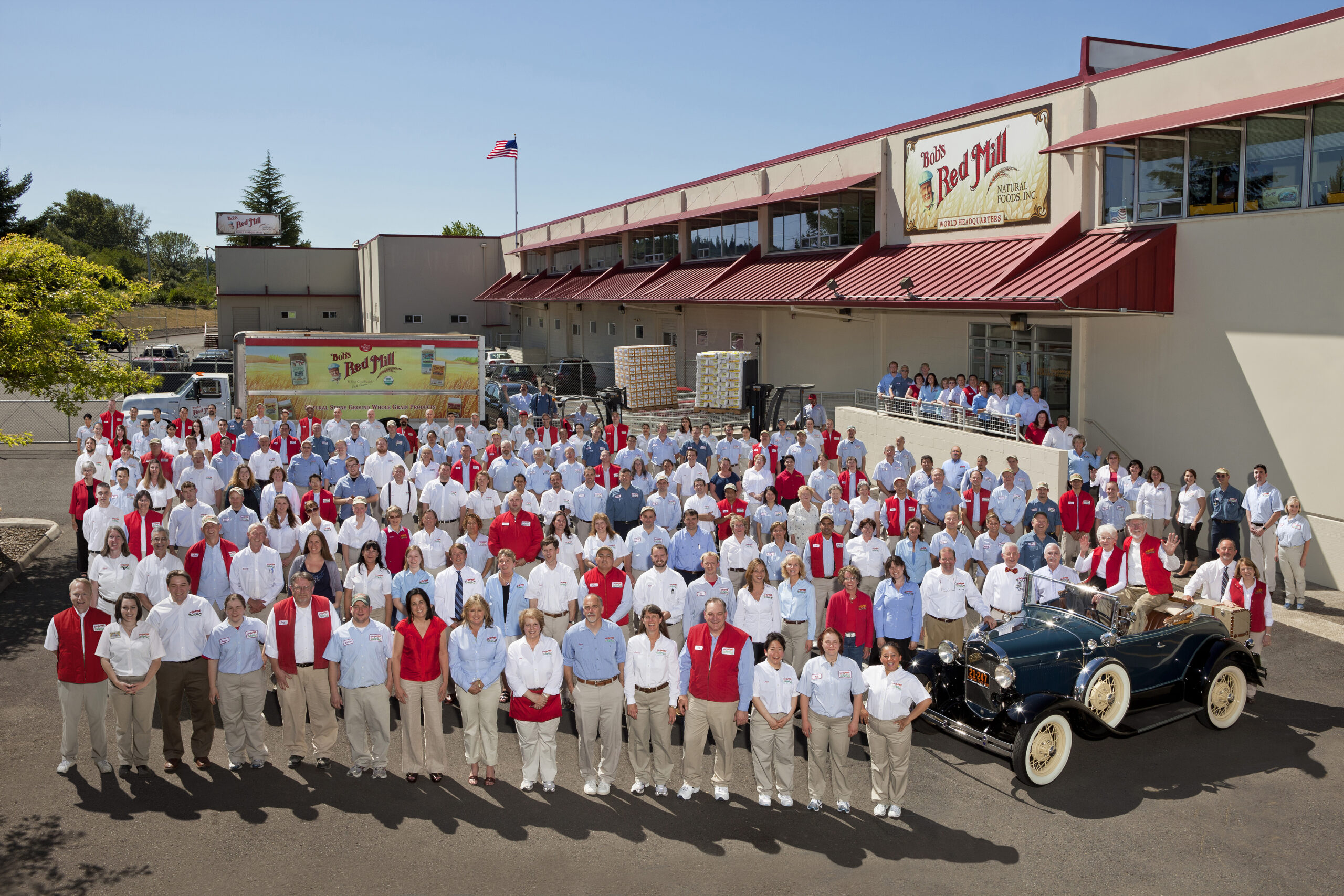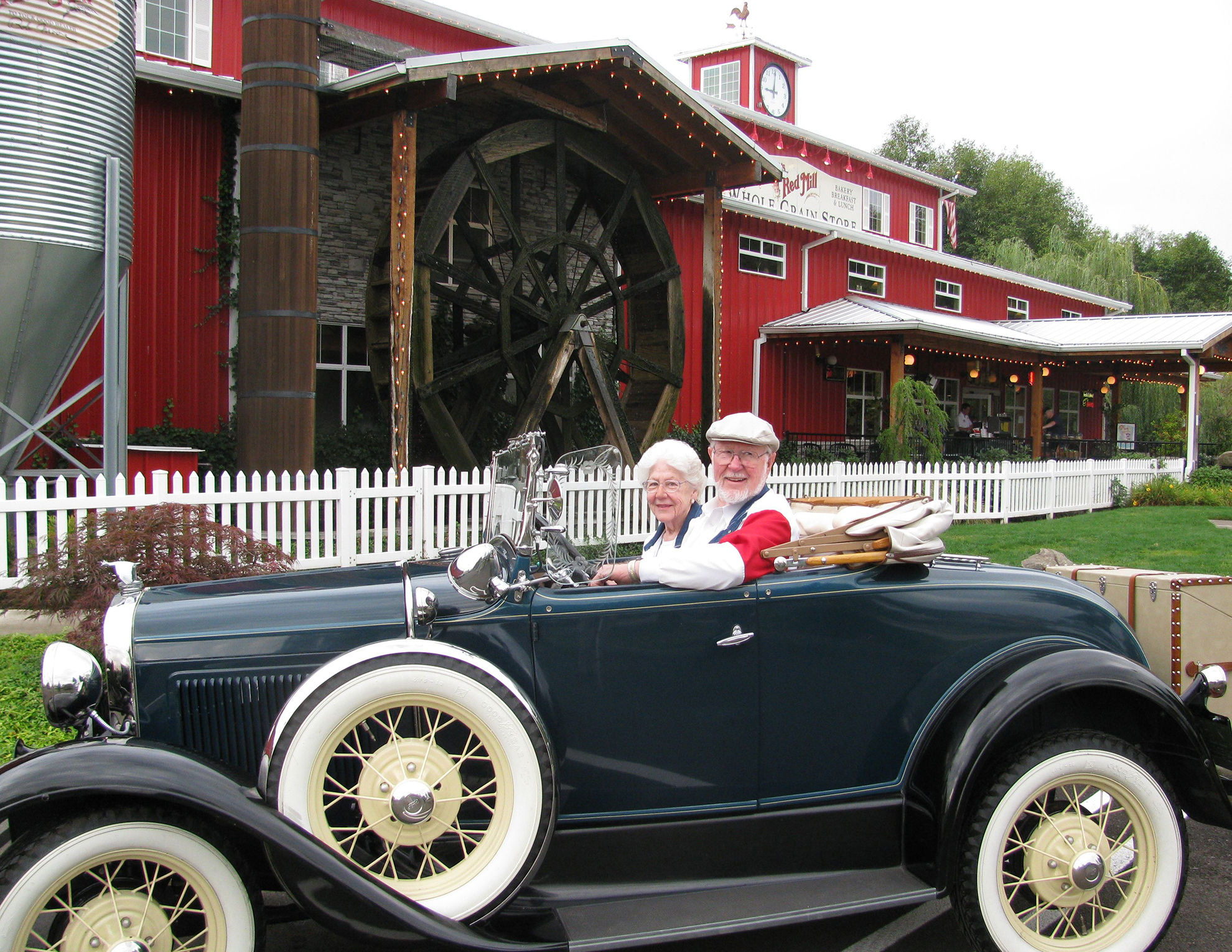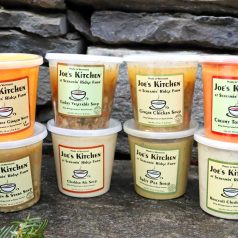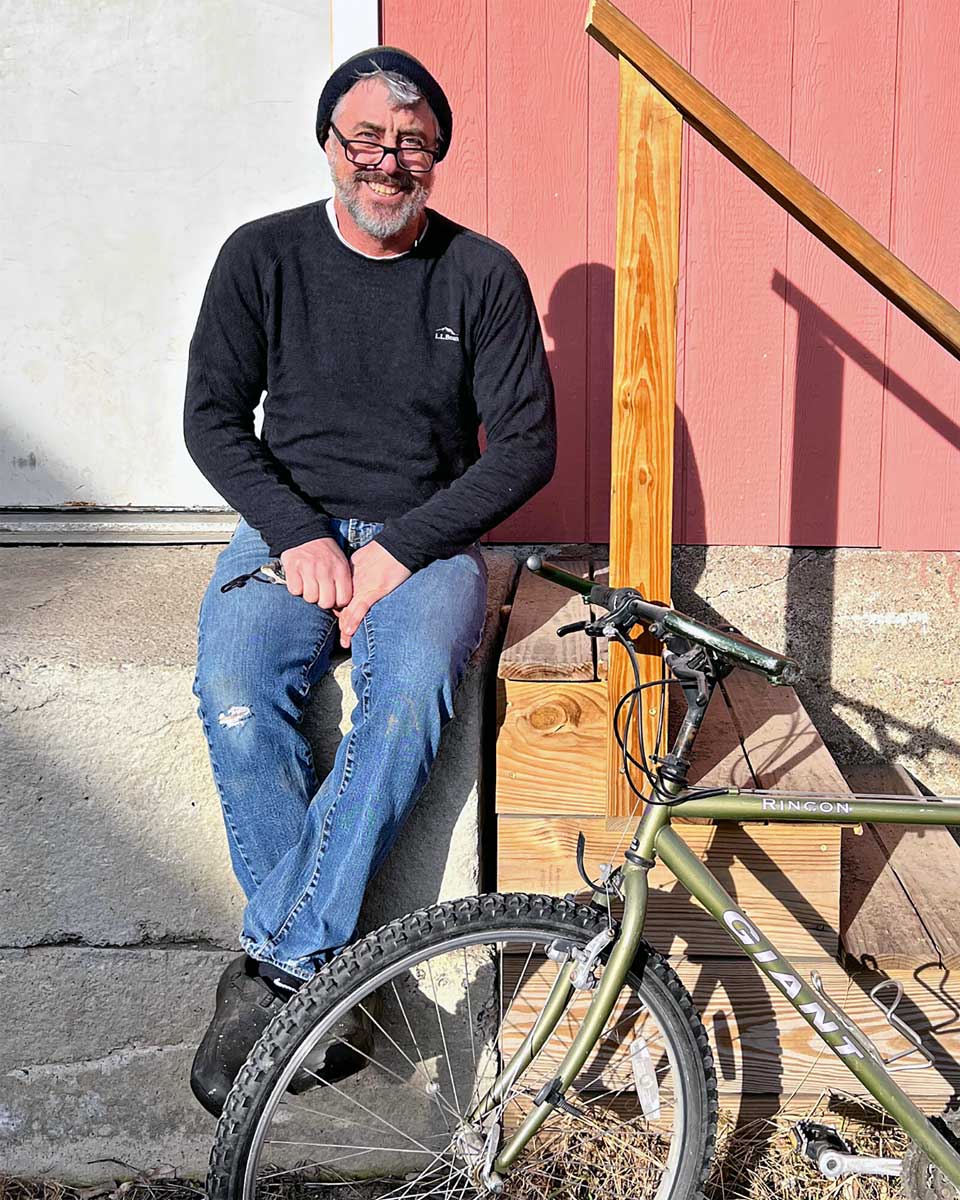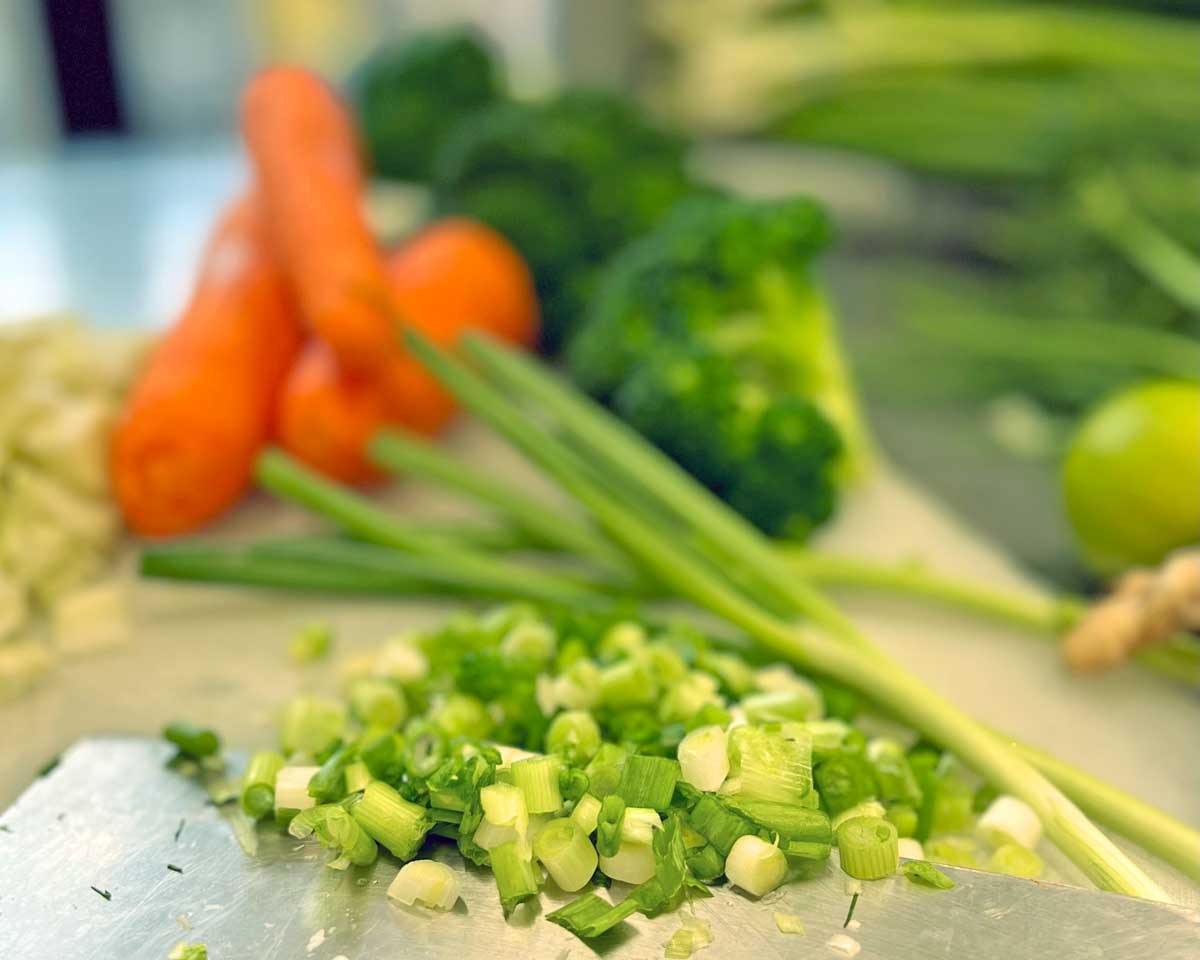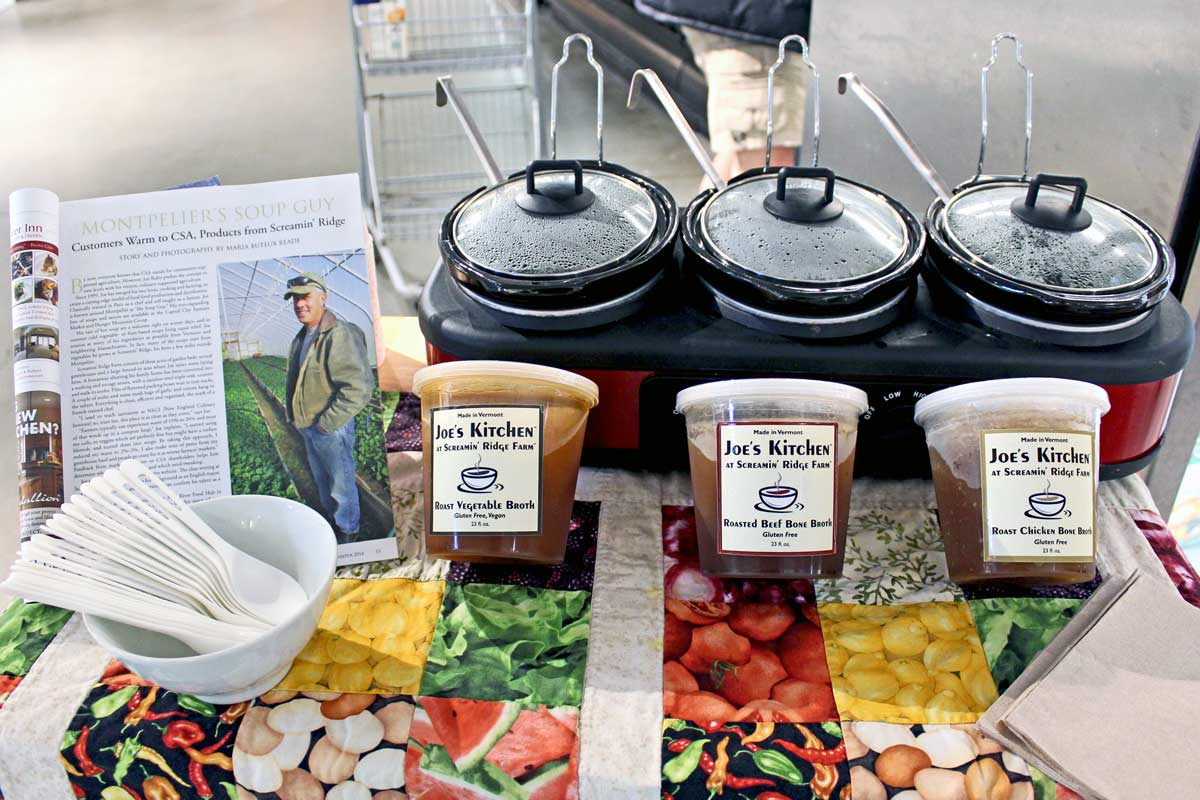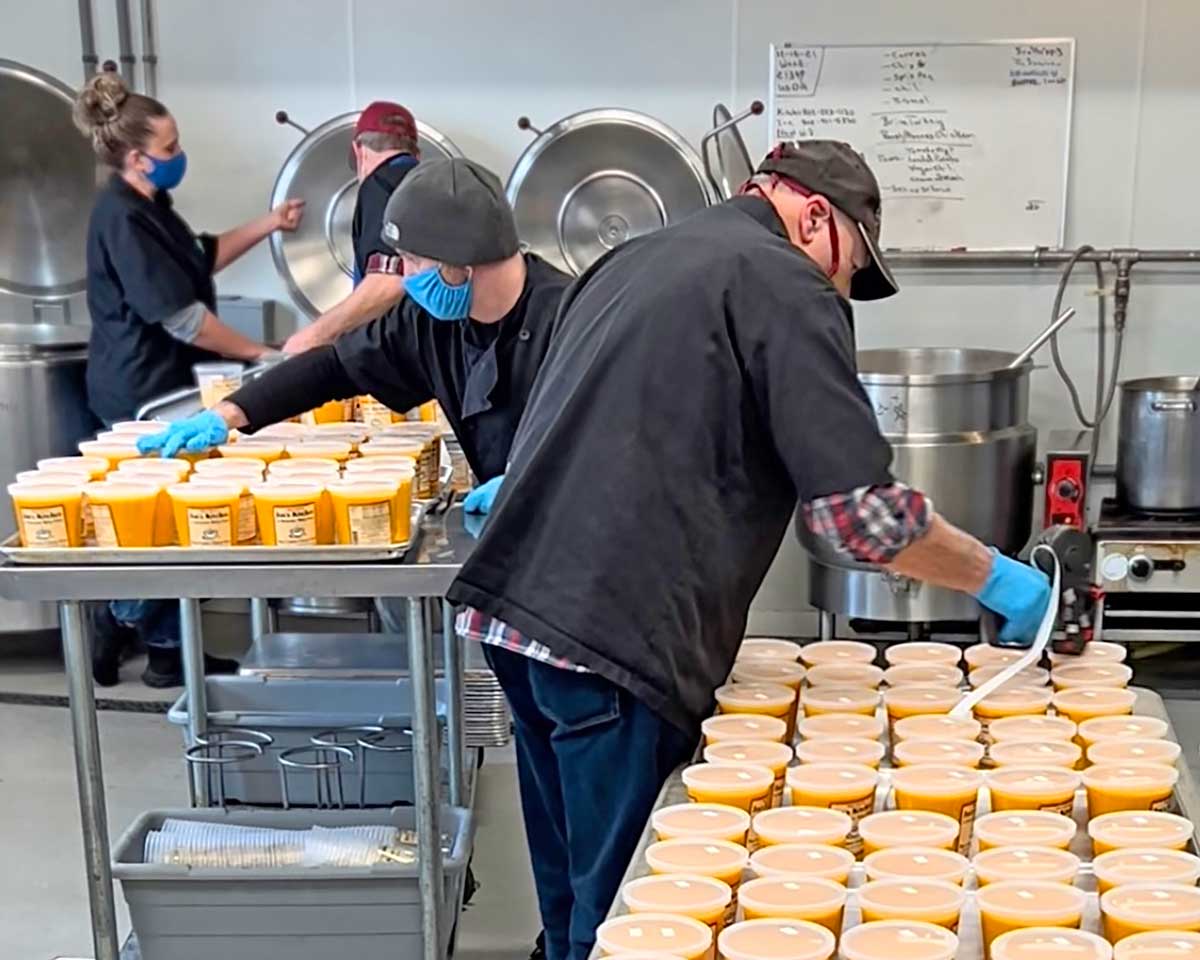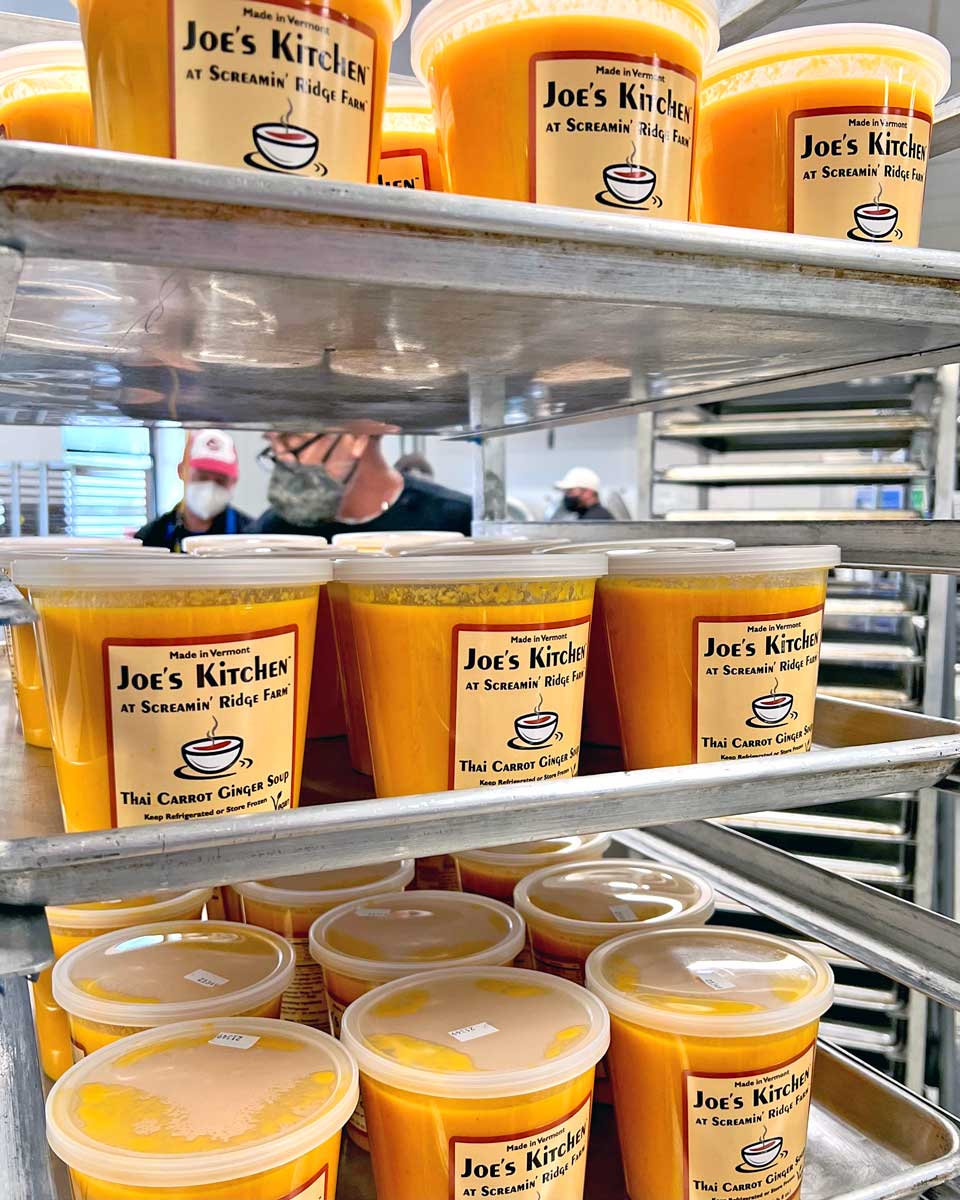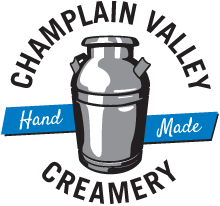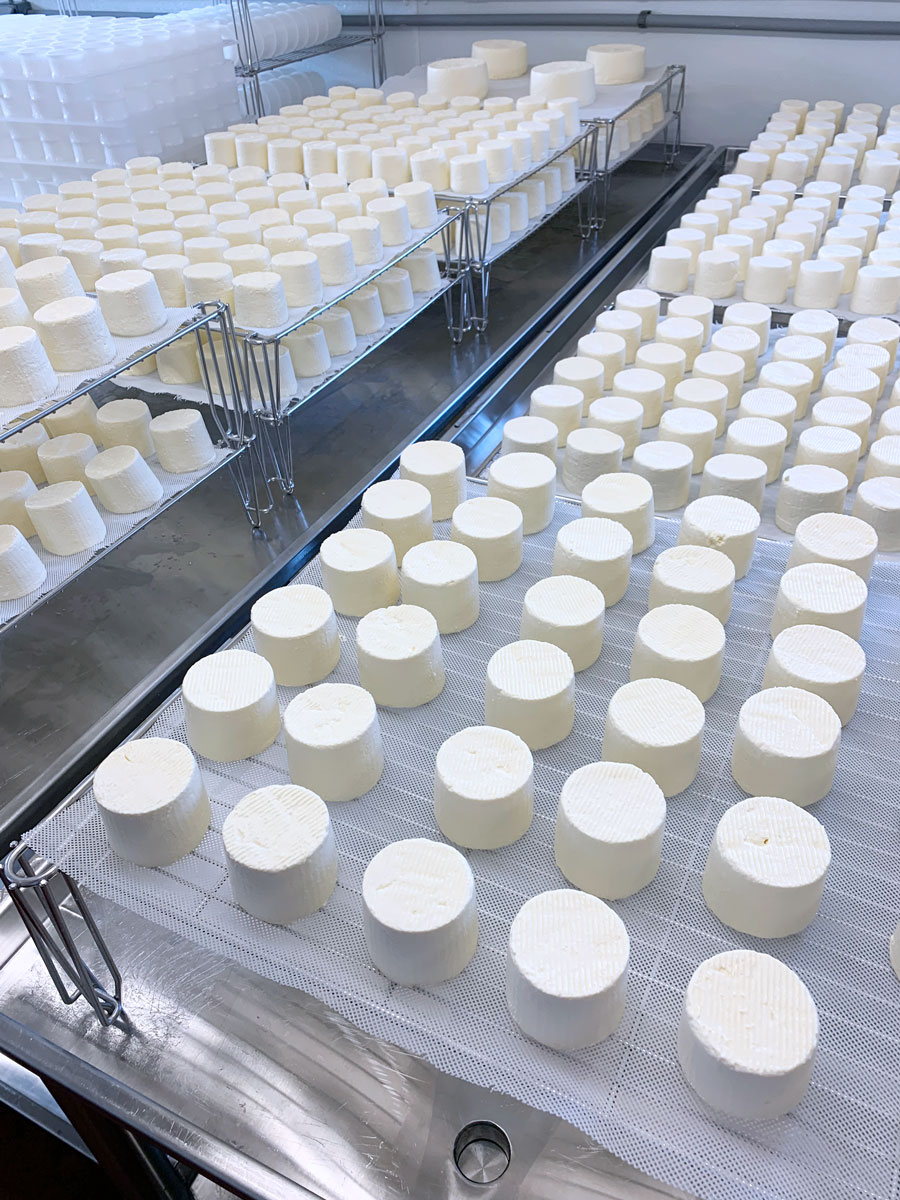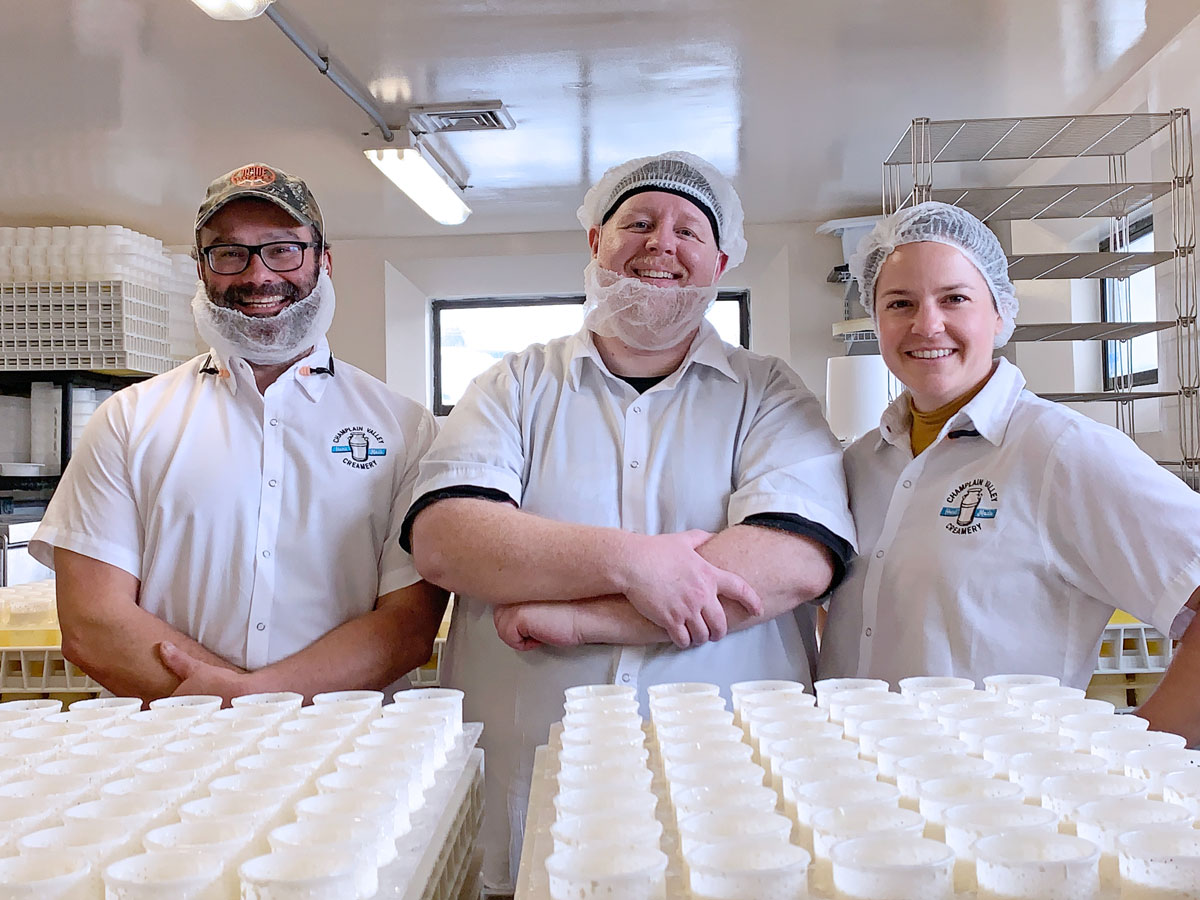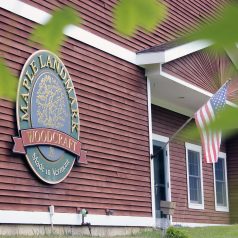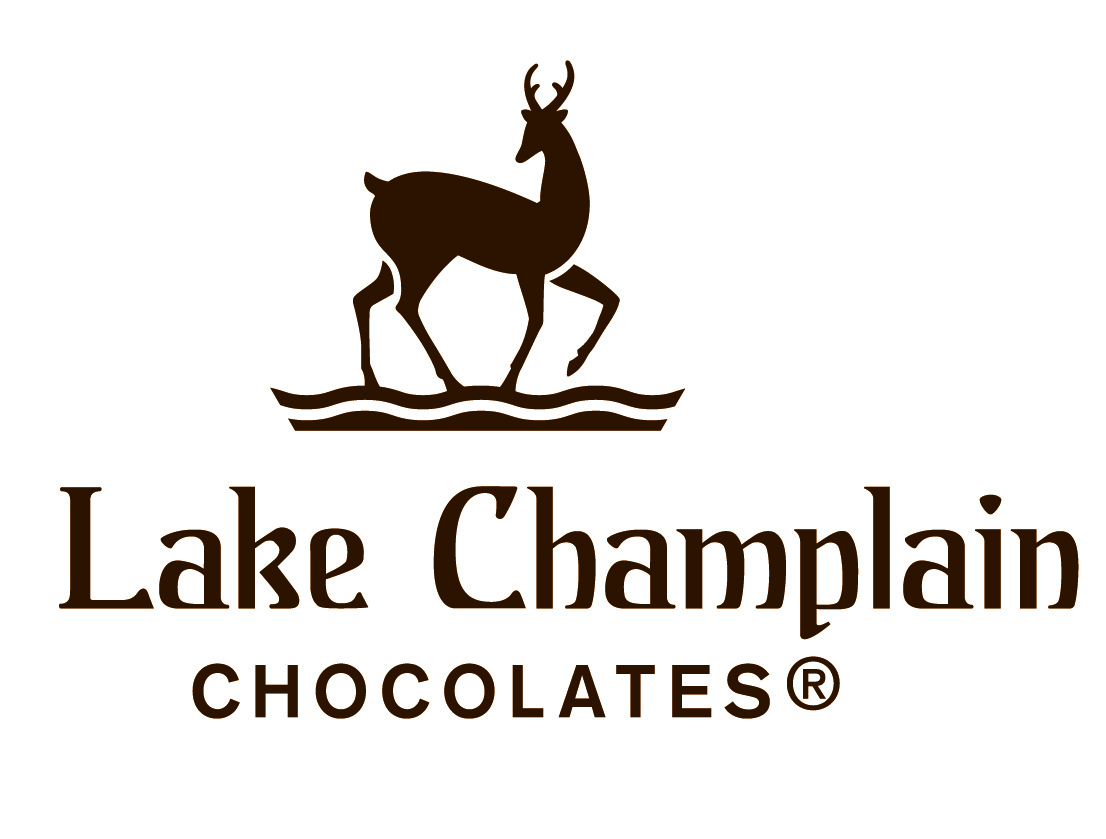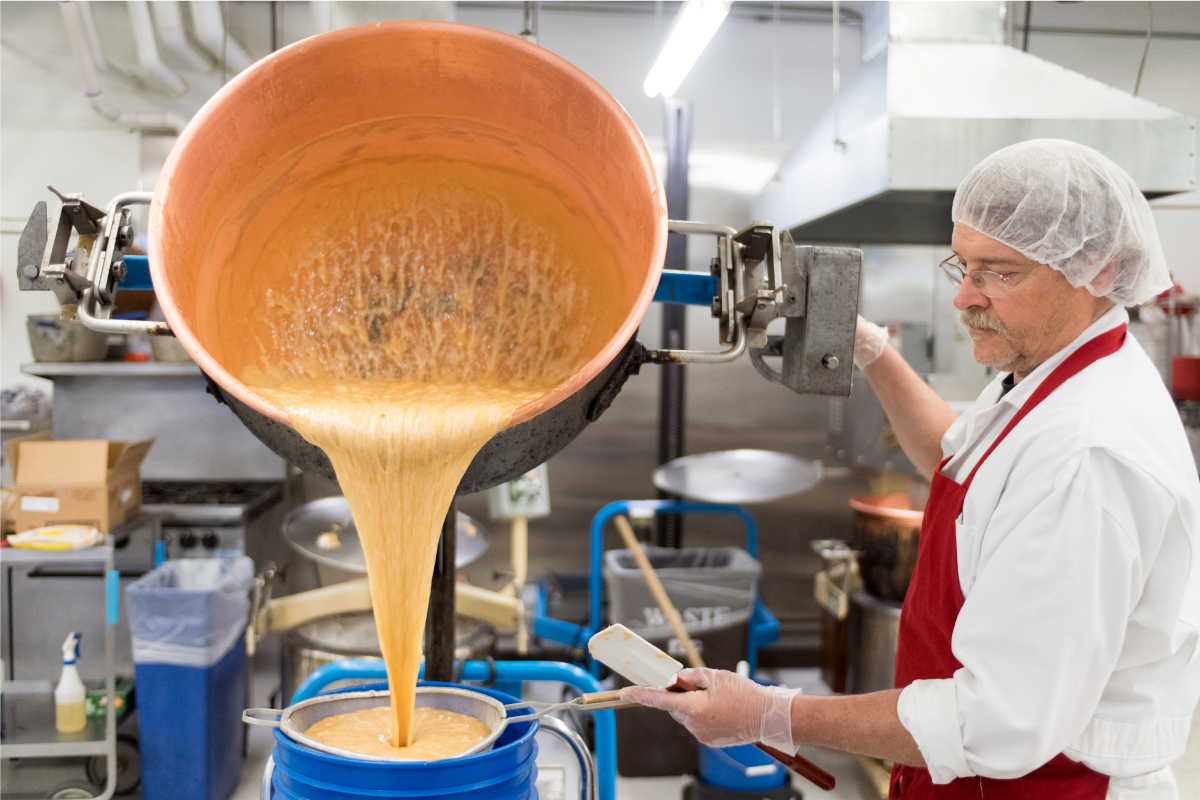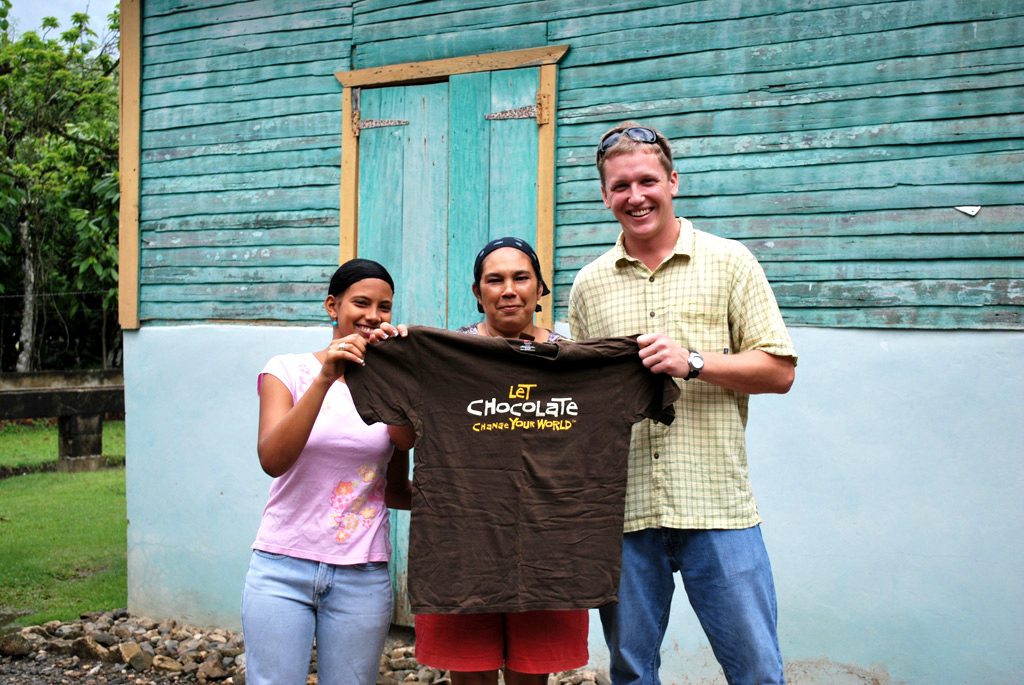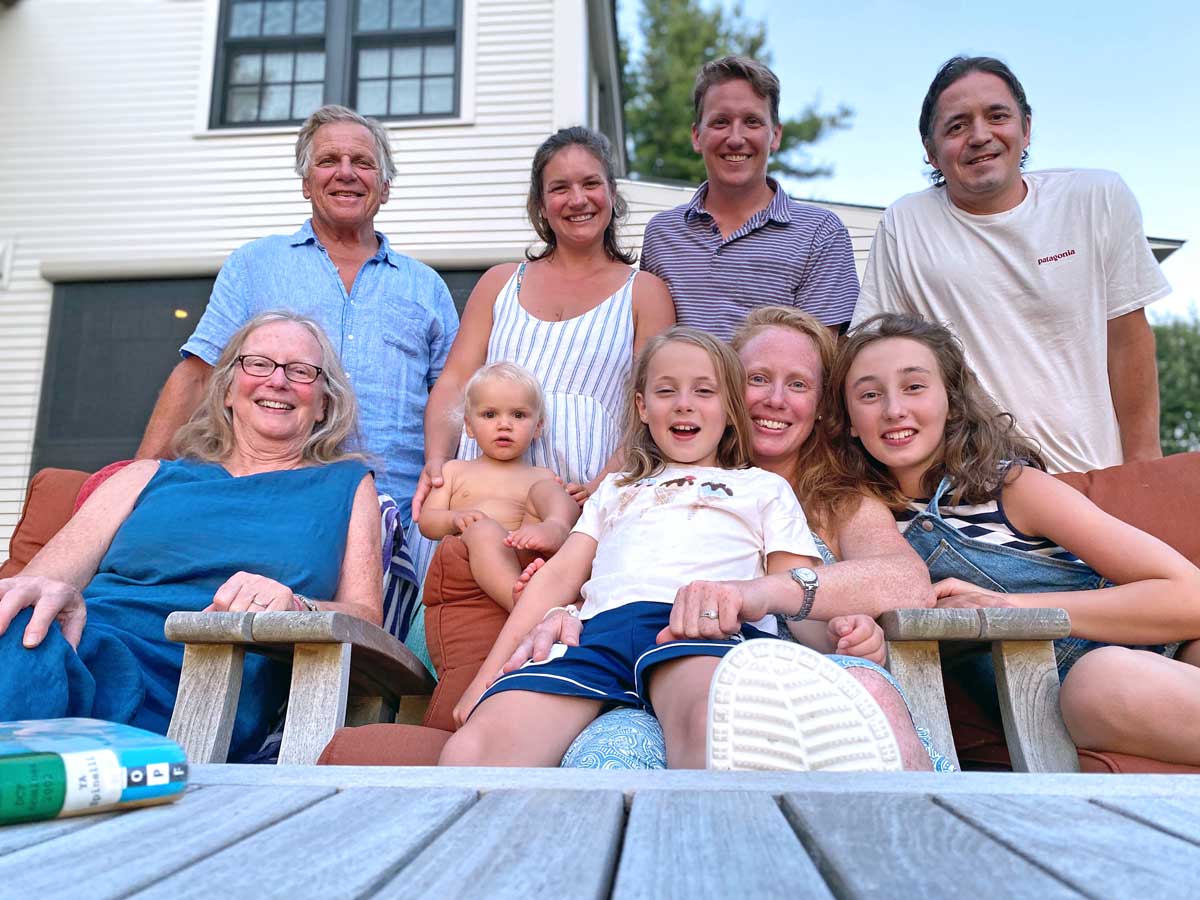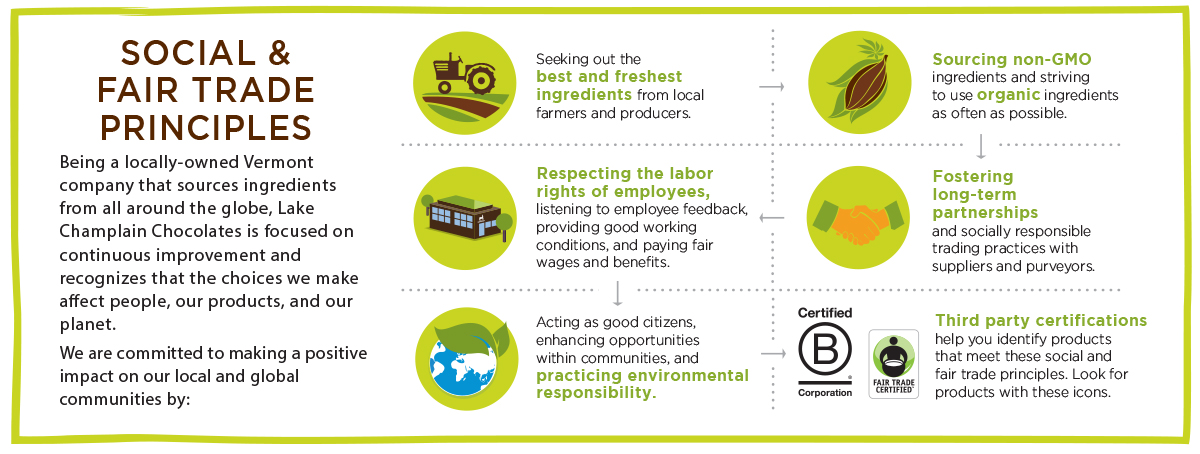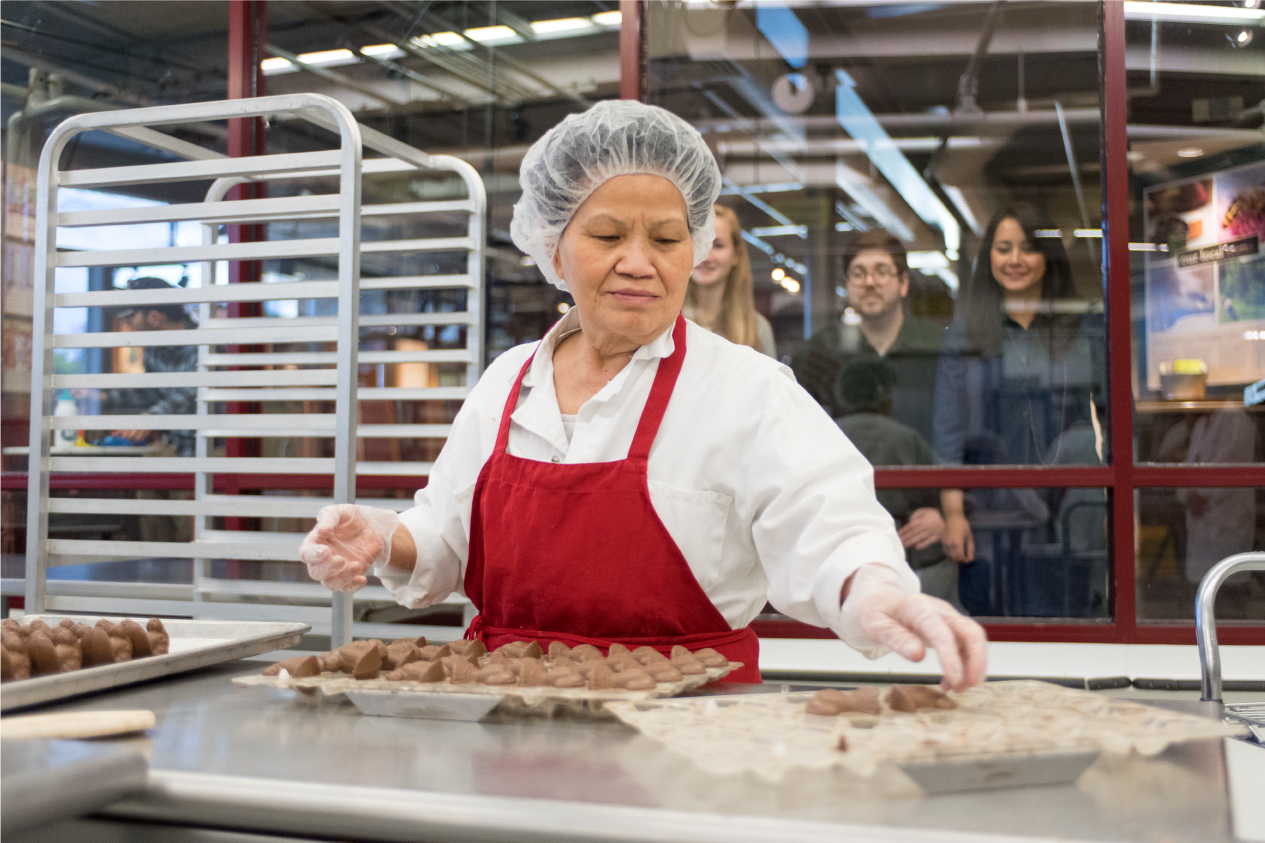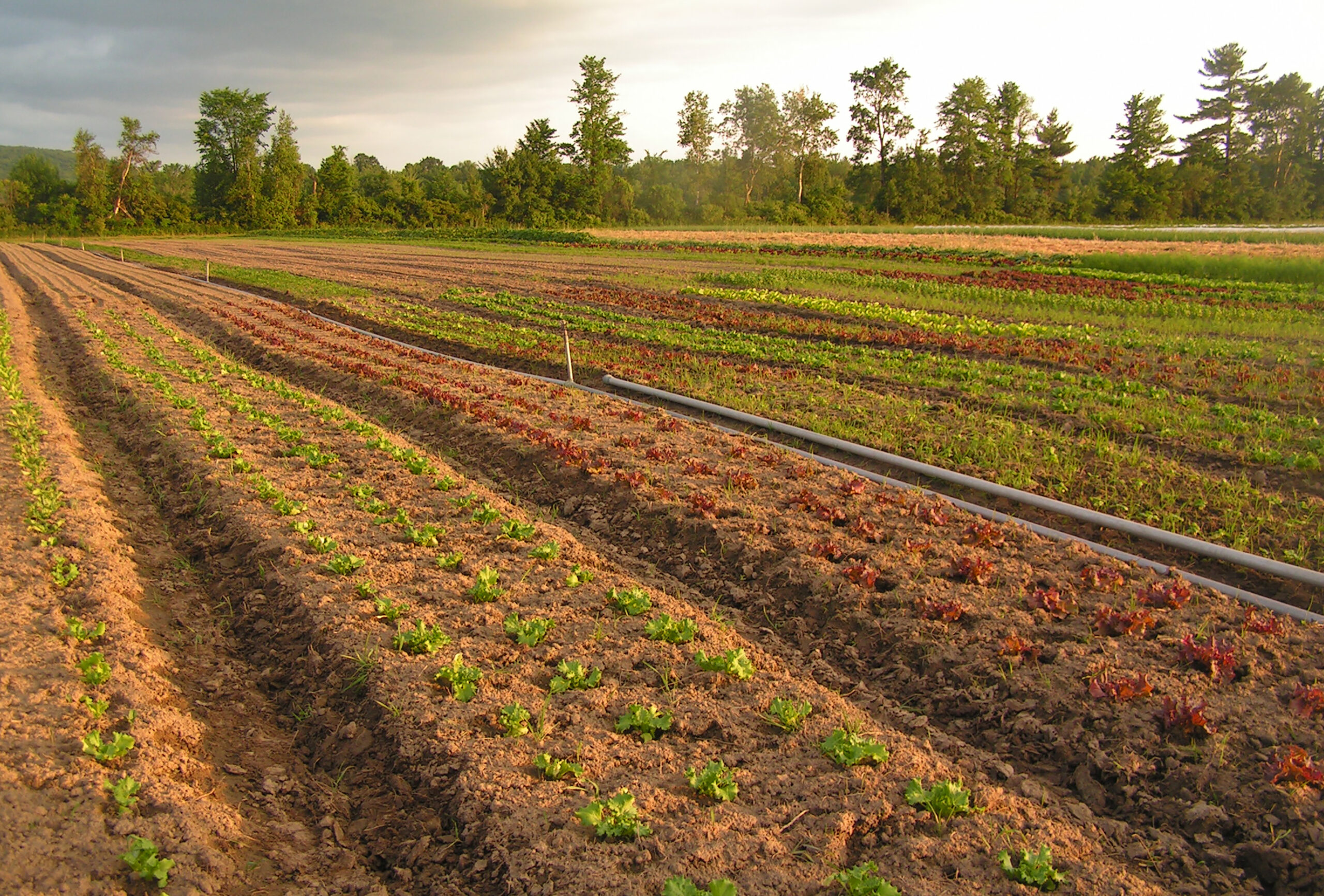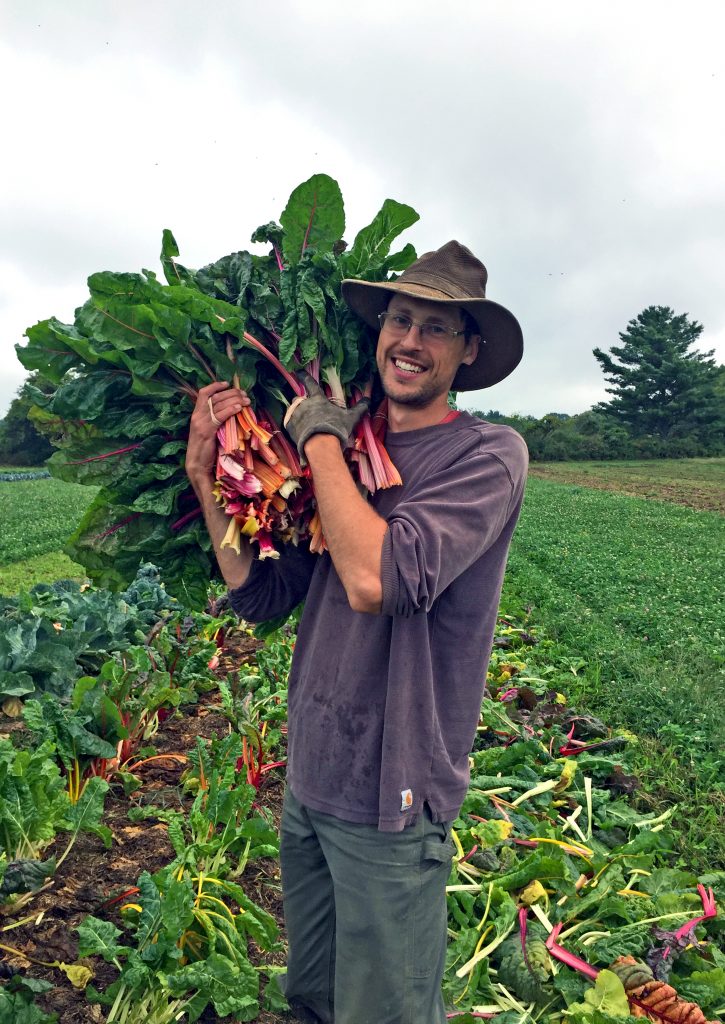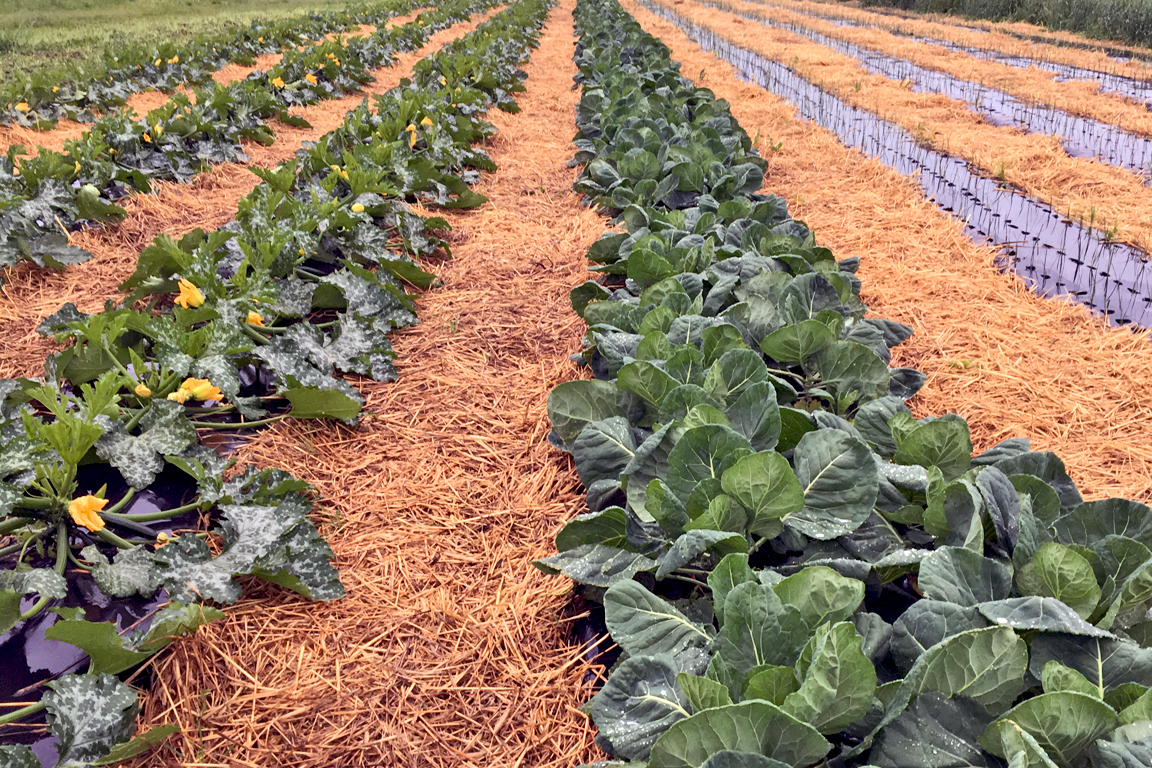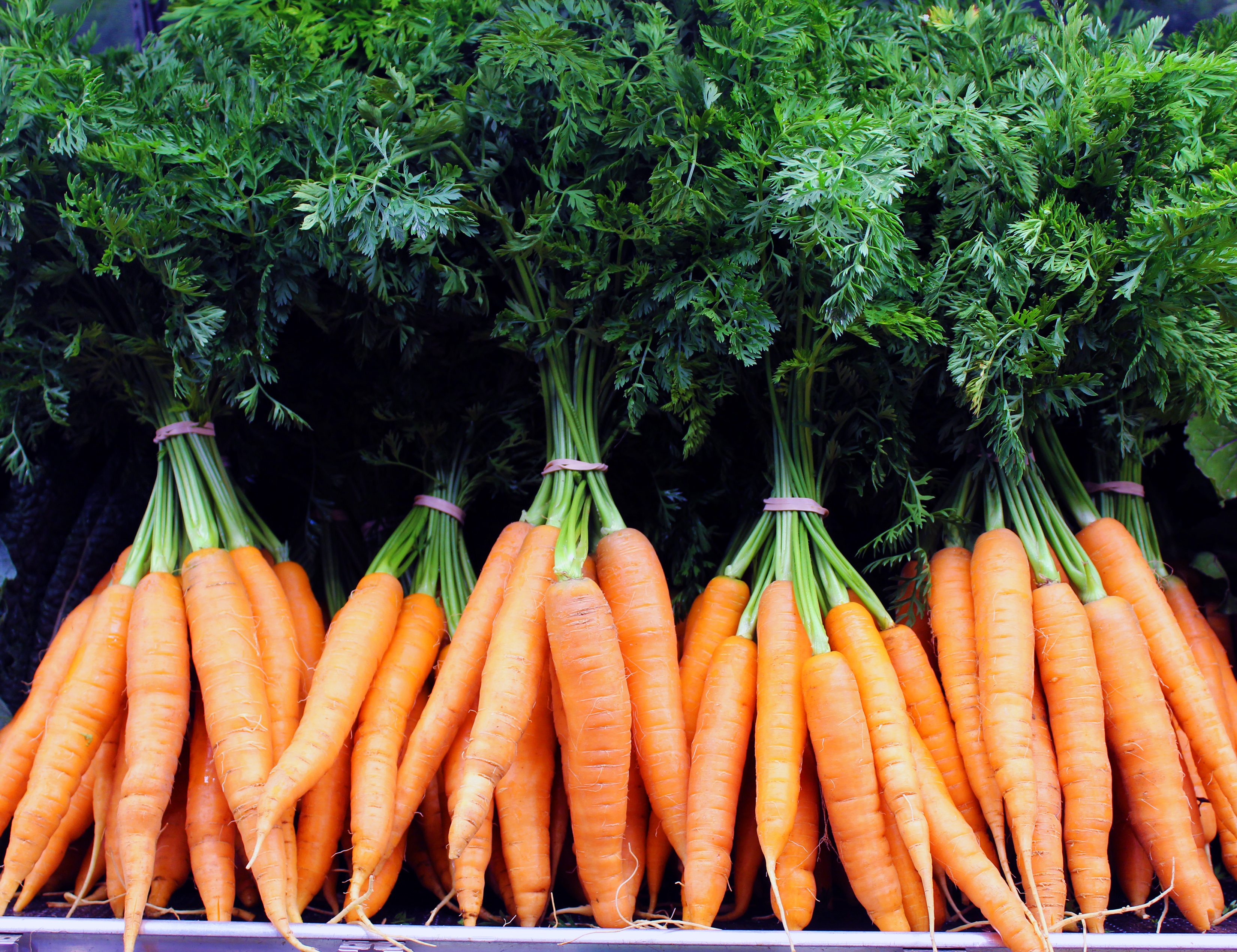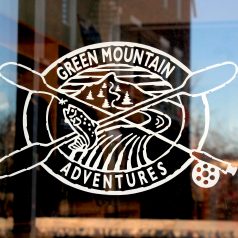
Featured Co-op Connection Business – Green Mountain Adventures
Spring is finally here, and with it comes that familiar itch to plan your next Vermont adventure. Whether you’re dreaming of backcountry trails, mountain-fed rivers, or just a weekend escape close to home, Green Mountain Adventures—located right on Middlebury’s Main Street—is the place to start. They offer top-tier gear, guided outdoor experiences, and one of the best local summer camps around. Member-owners enjoy a 10% off their purchases year-round, and we’re thrilled to spotlight this local institution as April’s Co-op Connection featured business!

A Family-Owned Business with Deep Roots
Green Mountain Adventures is co-owned by Steve and Marion Atocha, who first opened the business (originally called Middlebury Mountaineer) back in 1998 in a small space above the Storm Café on Mill Street. Since then, the shop has moved a few times—first to the old Ben & Jerry’s spot on Park Street, then a bit further up the street next to the Sheldon Museum—before finally landing, in 2017, at their current, sunny Main Street location. It’s the space they’d always hoped for: centrally located and easy to find, with a steady stream of locals and out-of-towners alike.
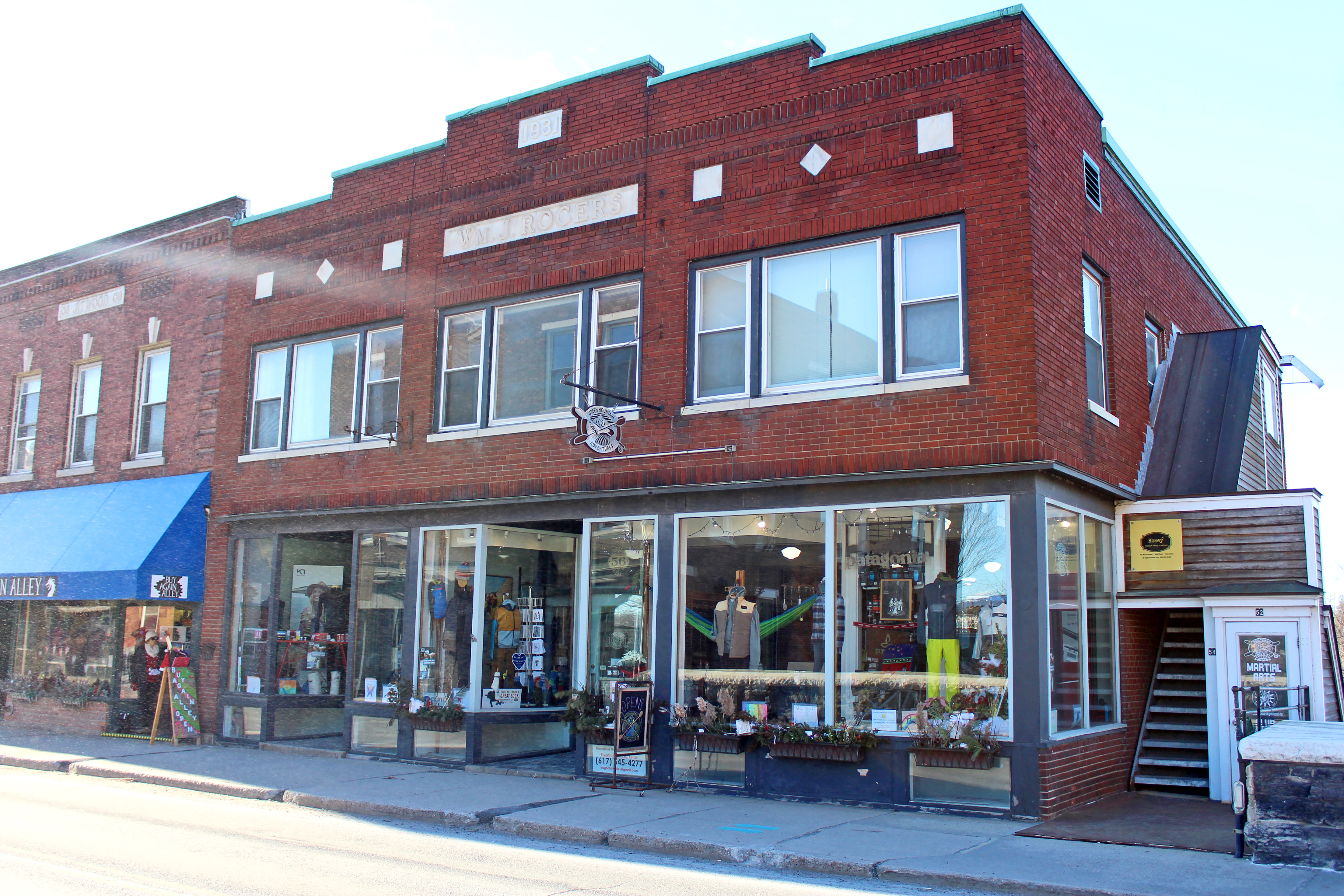
The Family
Steve and Marion Atocha co-own Green Mountain Adventures. On the store’s webpage, Steve is described as a father, a fly fishing enthusiast, and a certified American Canoe Association Kayaking Instructor. He spends his free time hiking for out-of-the-way fishing holes or backcountry skiing on the Lincoln Gap. Marion serves as a clothing buyer for the store, and divides her time between the shop and working full-time as a nurse in Bristol. An avid hiker, swimmer, and Nordic skier, Marion’s real passion is raising her three boys and working on her family farm. In true family business fashion, their boys pitch in as part of the Green Mountain Adventures team.


Quality Gear & Rentals for Every Season
Green Mountain Adventures is known for carrying high-quality outdoor gear and apparel, with a focus on brands that hold up to Vermont’s rugged landscape. You’ll find gear from Patagonia, Prana, Blundstone, Darn Tough, Howler Bros., Hydro Flask, Yeti, and more. In winter, they’re a go-to destination for Nordic skis, boots, poles, wax, and accessories from trusted brands like Rossignol, Fischer, Swix, Salomon, and Craft.
Not ready to buy? They offer rental and lease options year-round, so you can test out top-tier gear before committing—or simply grab what you need for a weekend trip without having to invest.
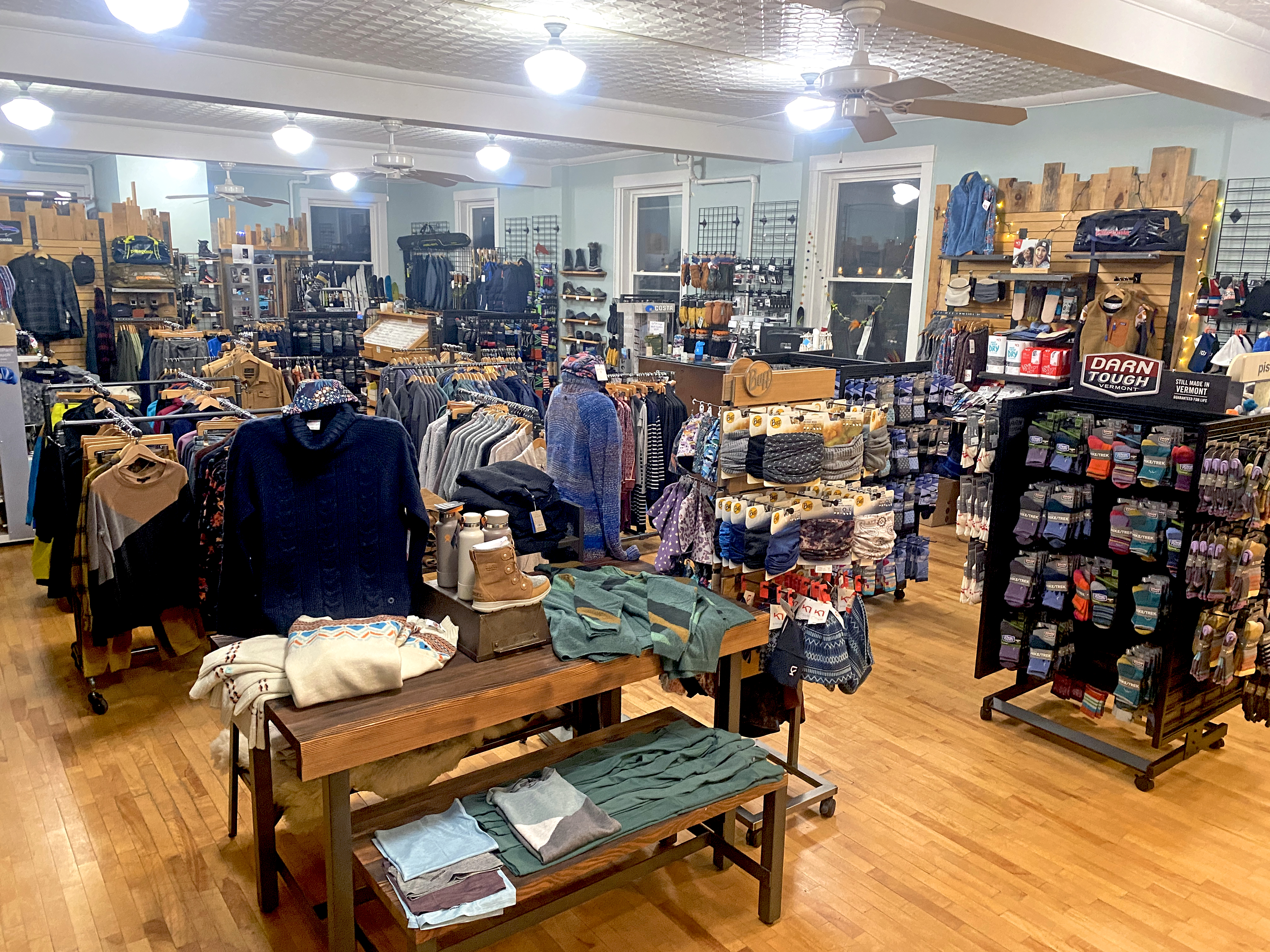
Guided Trips for All Experience Levels
For those who want a more hands-on introduction to Vermont’s outdoors, Green Mountain Adventures offers guided trips for fly fishing, kayaking, paddleboarding, snowshoeing, backcountry skiing, hiking, and even rock climbing. Whether you’re a beginner or someone looking to refine your skills, they can customize a full or half-day adventure that fits your goals. Guides are experienced, knowledgeable, and deeply familiar with the local terrain.

Unforgettable Summer Camps for Kids
Green Mountain Adventures also runs one of the most beloved summer day camps in the region. Now in its 26th season, the camp serves kids ages 6–15 and offers an immersive experience in the wild landscapes that surround us—from rivers and cliffs to wooded trails and glacial swimming holes. Campers might spend one day paddling, another hiking or biking, and another tubing or rock climbing, all led by experienced local guides.
Camp groups are intentionally small, with a low camper-to-guide ratio (max 6:1), and the culture is all about building confidence, connection, and a sense of belonging. As Steve puts it, “We encourage a ‘come as you are’ ethic where campers can be fully themselves, without external pressure to act or perform in a certain way.” Over the years, many campers have returned summer after summer, forming deep friendships and memories that stick.
Plan Your Visit
Green Mountain Adventures is more than just a gear shop—it’s a community hub for outdoor adventure. Whether you’re shopping for new equipment, booking a guided trip, or looking for a meaningful summer camp for your child, they’ve got you covered.
Don’t forget: Co-op member-owners receive 10% off year-round—just show your member card at checkout. Stop in this month to take advantage of the deal, explore what’s new, and start planning your next adventure.





